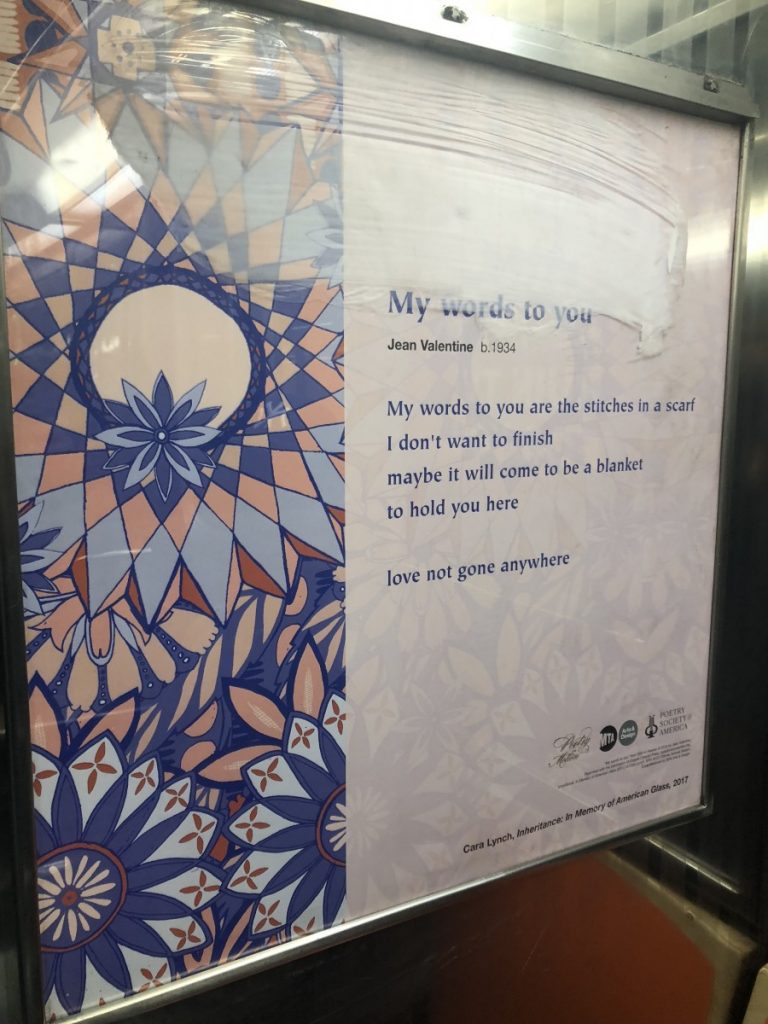Langston Hughes, whose full name is actually James Mercer Langston Hughes, was born on February 1, 1902. He was born in the town of Joplin, Missouri and when he was young, his parents separated and he was raised by his grandmother. He eventually moved back with his mother and her new husband at age 13 and the family settled in Cleveland, Ohio. While living in Cleveland, he began to write poetry. The title of the first poem he wrote after graduating high school was called “The Negro Speaks of Rivers”. After attending Colombia University for a year, he went on to working many side jobs as well as becoming a steward for a freighter bound for Africa. When he came back to America from traveling all over Europe and Africa in 1924, he met Arna Bontemps and Carl Van Vechten. He would go on to have a lifelong influential friendships with them. Van Vechten would eventually introduce Hughes to the publisher Alfred A. Knopf, who would publish his first book he wrote his first book called “The Weary Blues” in 1926. His work during the Harlem renaissance helped greatly shape the artistic contribution. His poems were particularly known for their insightful, colorful portrayals of black life in America from the twenties through the sixties. Hughes was also among the first to use jazz rhythms and dialect to depict the life of urban blacks in his work. He published a second volume of poetry, “Fine Clothes to the Jew”, in 1927. In 1940 at age 28, his autobiography called “The Big Sea” was published. Around the same time, Hughes began contributing a column to the Chicago Defender He created a comic character named Jesse B. Semple, better known as “Simple,” for the column. Semple was a black Everyman that Hughes used to further explore urban, working-class black themes, and to address racial issues. He passed away on May 22, 1967 from complications of prostate cancer.
Work cited:
https://www.biography.com/people/langston-hughes-9346313
https://www.britannica.com/biography/Langston-Hughes
https://www.poets.org/poetsorg/poet/langston-hughes




